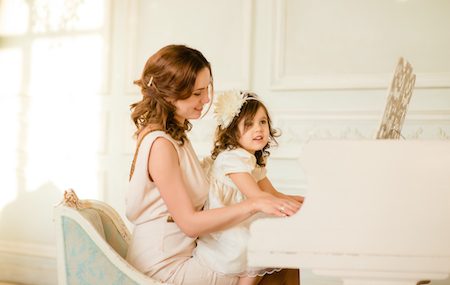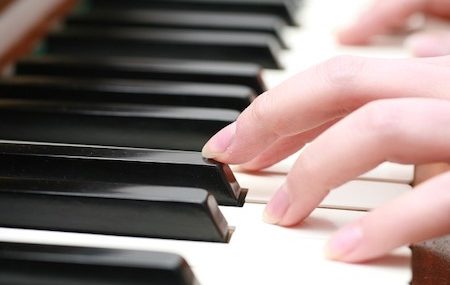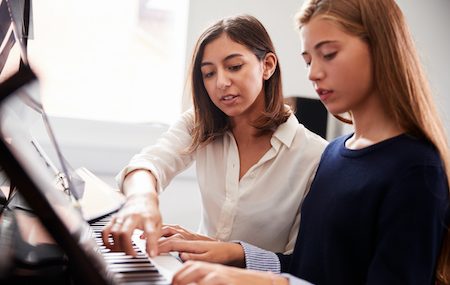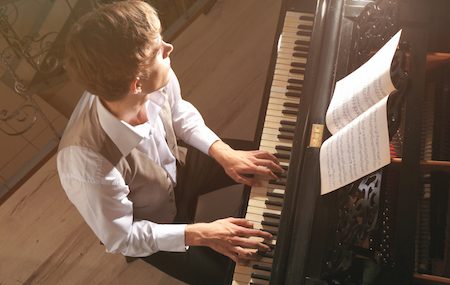Thanks to staying in place, we’ve all started looking for new hobbies. If taking up the piano is on your new resolution list, congratulations. Piano playing isn’t just a great hobby, it can also make you more successful for life.
That makes it a perfect hobby for you, your kids, for everyone in your family.
If you dedicate time to playing the piano, you will master many things.
Discipline
Have you ever sat down and played something simple like chopsticks? That’s the beauty of playing the piano – anyone can sit down and hit a few notes and create music. However, the more you practice, the more you play, the better you become. Practicing frequently can immediately start to show improvement in the way you play. And when you see it, hear it, it motivates you to do more. The only way to improve is by practicing. And when you dedicate to becoming better, you’ll learn the art of discipline.
Time management
Which brings us to increasing your time management skills. We all have just twenty-four hours a day. If you commit to getting better at piano playing, you’ll have to fit practice time into your schedule. If the pandemic has taught us anything, it’s to make time for what is truly important. As you hear yourself play better, feel more comfortable with the notes, you’ll have more desire to put a practice session on your calendar every day.
Concentration
Have you found yourself scattered, not sure what to focus on? Maybe taking up piano will change your concentration skills. When you play the piano, you must focus on rhythm, pitch, tempo, hand positions, note changes, and several other things. It requires multi-tiered concentration levels to ensure everything is in place. The skills you learn from playing piano have been proven so worthy, kids do better with test taking skills, and musicians have the best chance of moving forward into medical school.
Memory skills
That’s because playing piano fires off all your brain cells the moment you sit down to play. Piano stimulates your brain. Whether you’re listening to the greatest piano players of all time, or tickling the ivories yourself, your brain will thank you for it.
And that’s a pretty good reason to take up the piano now, while you’re looking for new hobbies to start up for a lifetime of enjoyment.











